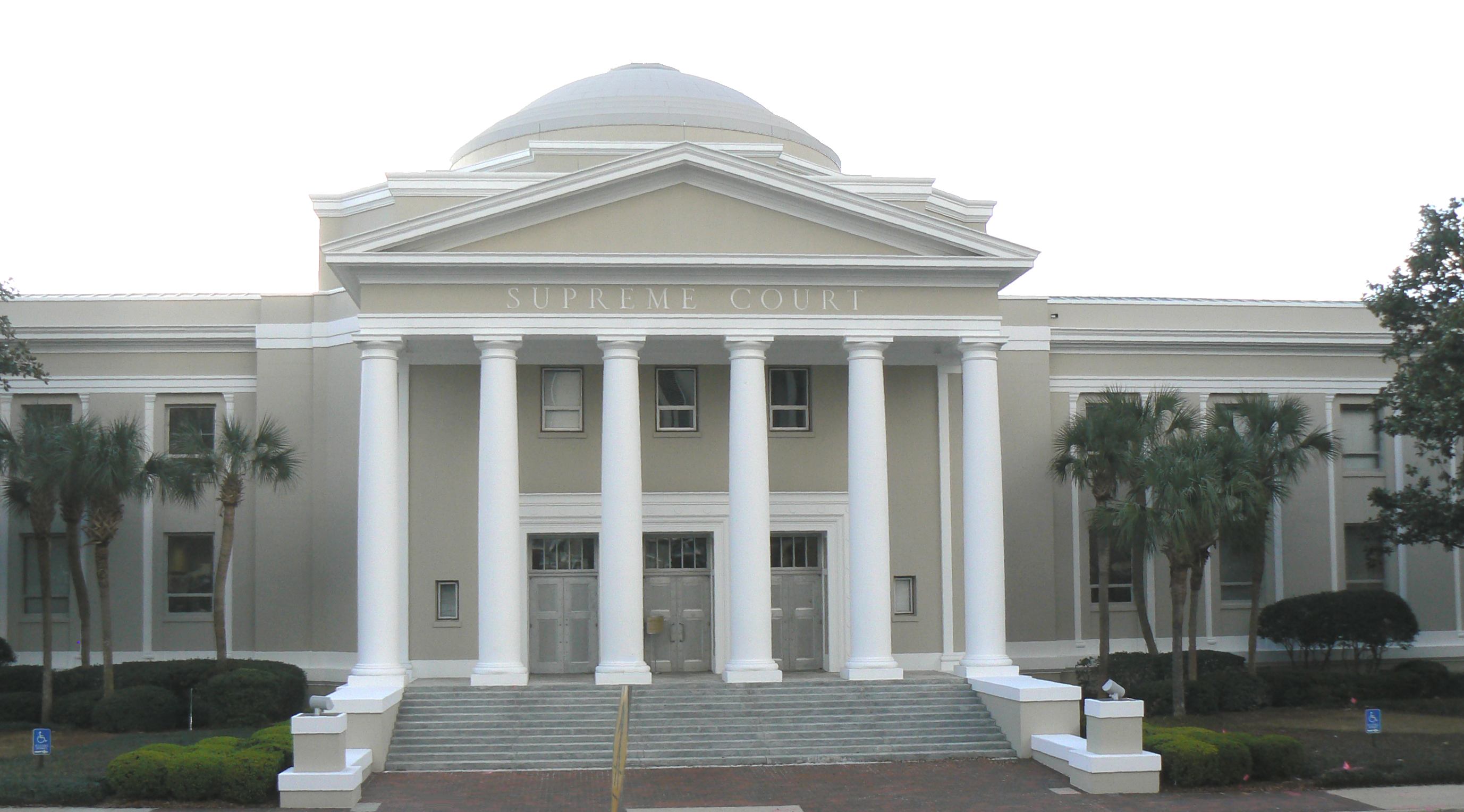In Florida, Does a Lawyer Need to E-Serve a Proposal for Settlement? (Wheaton v. Wheaton)
- By : Cbh
- Category : Proposals for Settlement

Florida courts have long determined that the “offer of judgment” statute, Florida Statute 768.79, and the corresponding “proposal for settlement rule, Florida Rule of Civil Procedure 1.442, should be strictly construed. The problem, however, is that the “strict compliance” approach opened a pandora’s box of litigation by losing parties who raised increasingly clever mundane technical grounds to avoid paying fees. The result was a sea of uncertainty for litigants, malpractice risks for lawyers, and continued litigation.
The Florida Supreme Court slightly receded clarified its approach in Wheaton v. Wheaton. The question is whether a proposal for settlement must comply with the email service provisions of Florida Rule of Judicial Administration 2.516. The answer is no.
Confusion abounds in “proposal for settlement” cases as evidenced by the number of appeals. Strict compliance with both the statute and the rule can be daunting since, as noted, the statute refers to an “offer of judgment” and the rule refers to “proposals for settlement.” Worse, over time, Rule 1.442 has not been updated: Rule 1.442(c)(2)(G) requires a certificate of service in the form required by Rule 1.080, which no longer has such a form. Also over time, Florida has slowly moved to e-service of pleadings and “other documents.”
All of the intermediate appellate courts except the Third DCA had concluded that Proposals for Settlements sit outside of the ambit of the judicial rule since Proposals are not filed. The Third DCA, in the earlier Wheaton opinion, concluded otherwise.
You can read the Supreme Court’s opinions for the details however the Court concluded that, while the statute and rule should be strictly construed, such construction “was required in contexts in which the provisions of the rule implemented the substantive requirements of [the statute].” Stated differently, failure to adhere to the rule did not invalidate a proposal when the statute did not require such a step and where strict compliance with the rule would defeat the statute it was designed to implement. This suggests that the Court is moving away from an absolute “strict compliance” in hopes that it would lessen the technicalities so that parties could more reliably serve and enforce proposals for settlement. It will be interesting to watch the trend in terms of numbers of enforcement cases in 2019 versus prior years…

